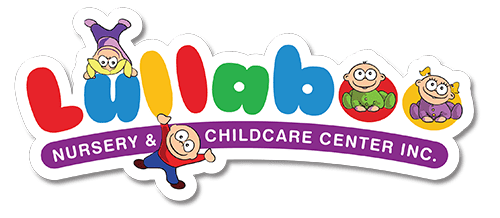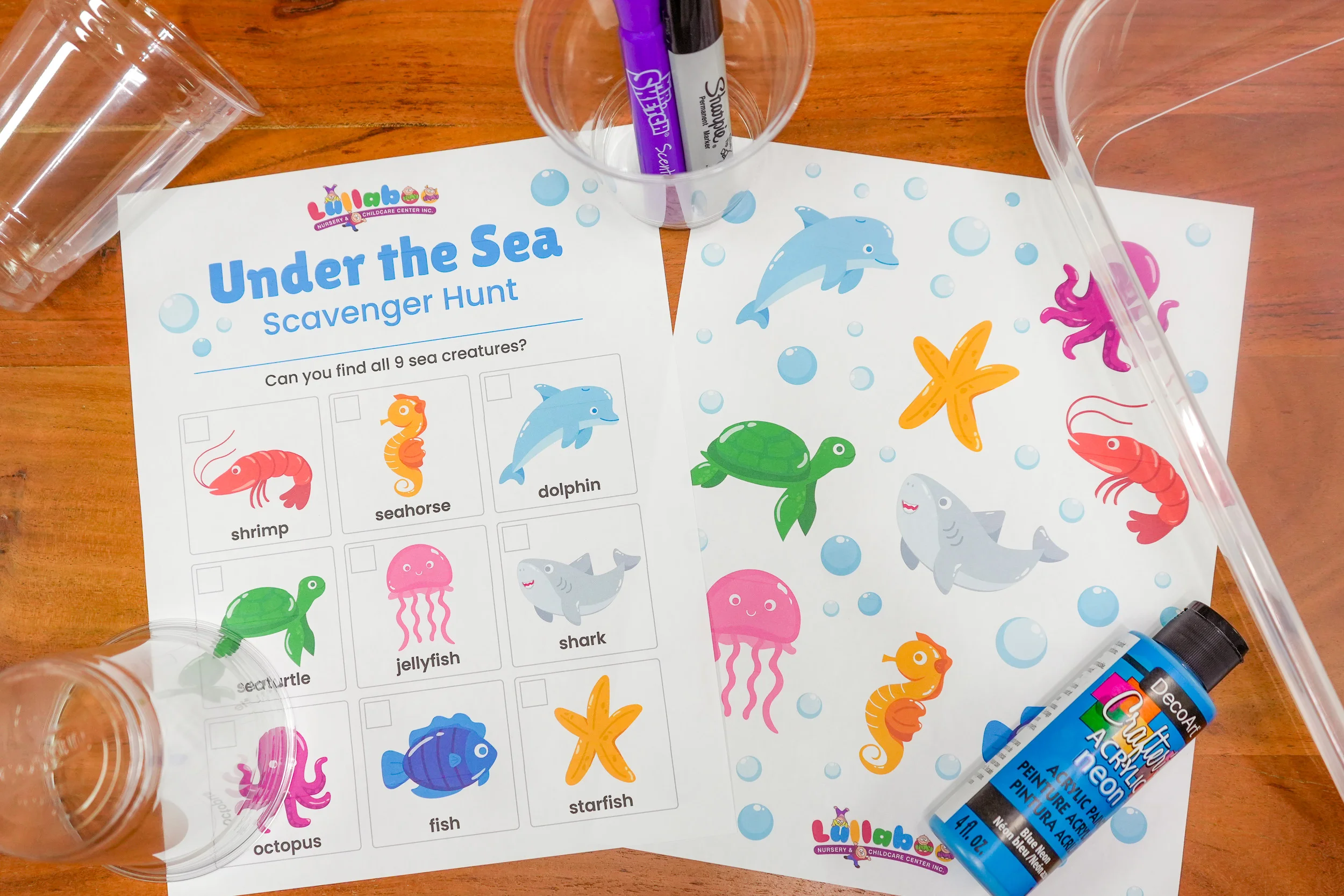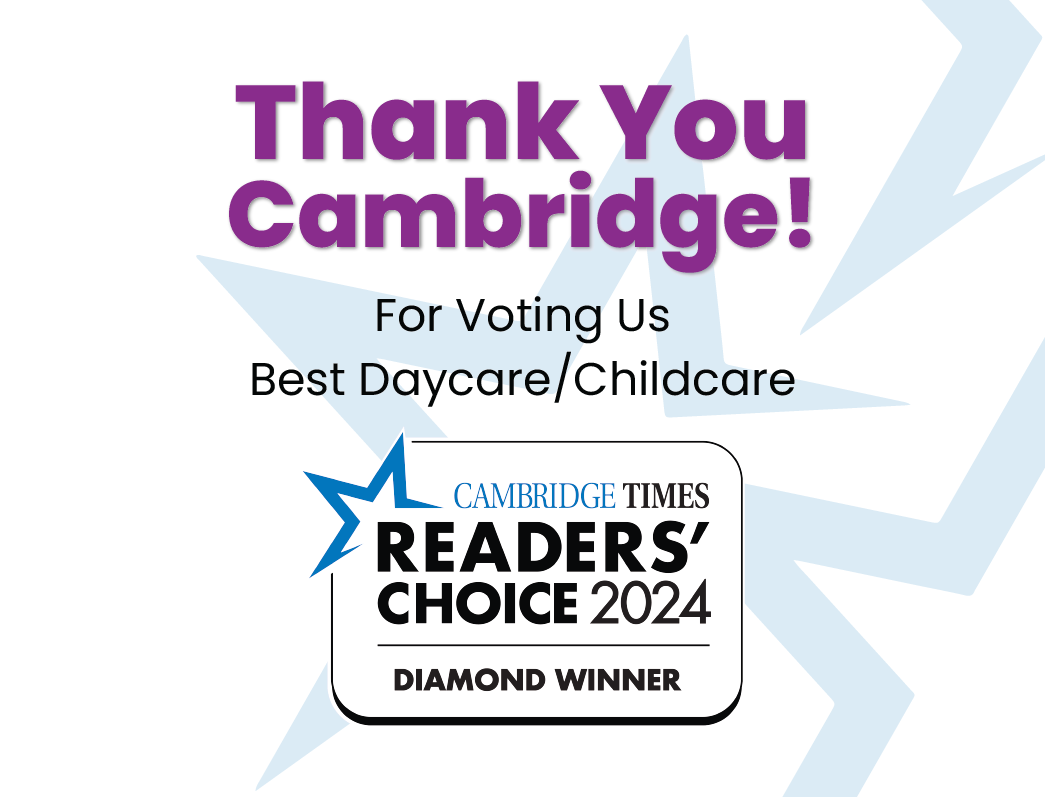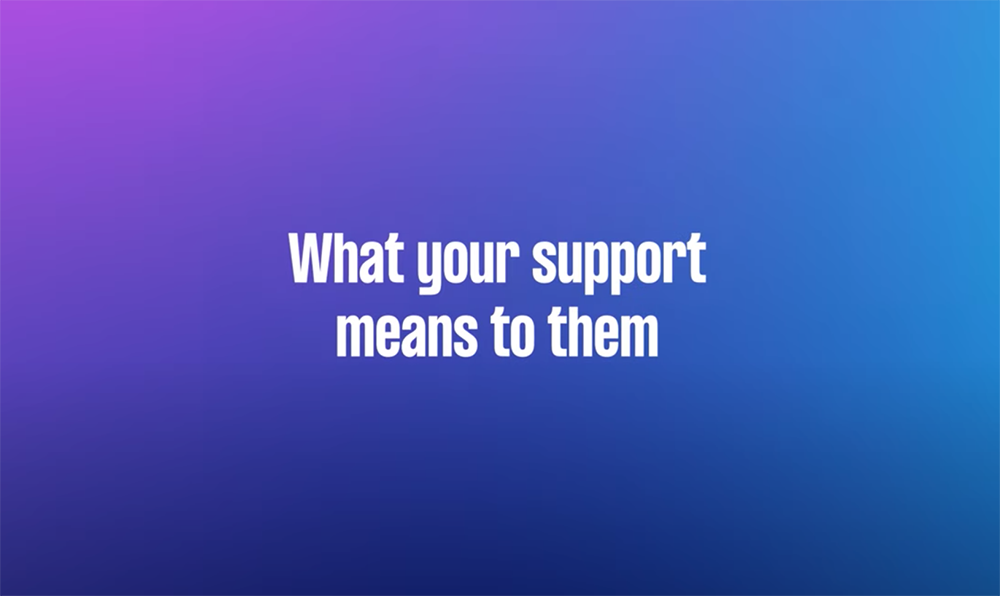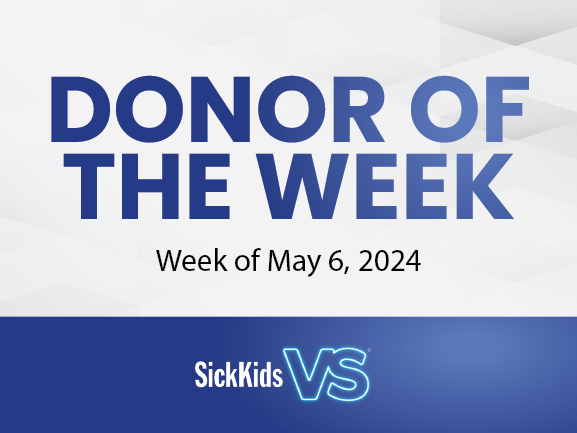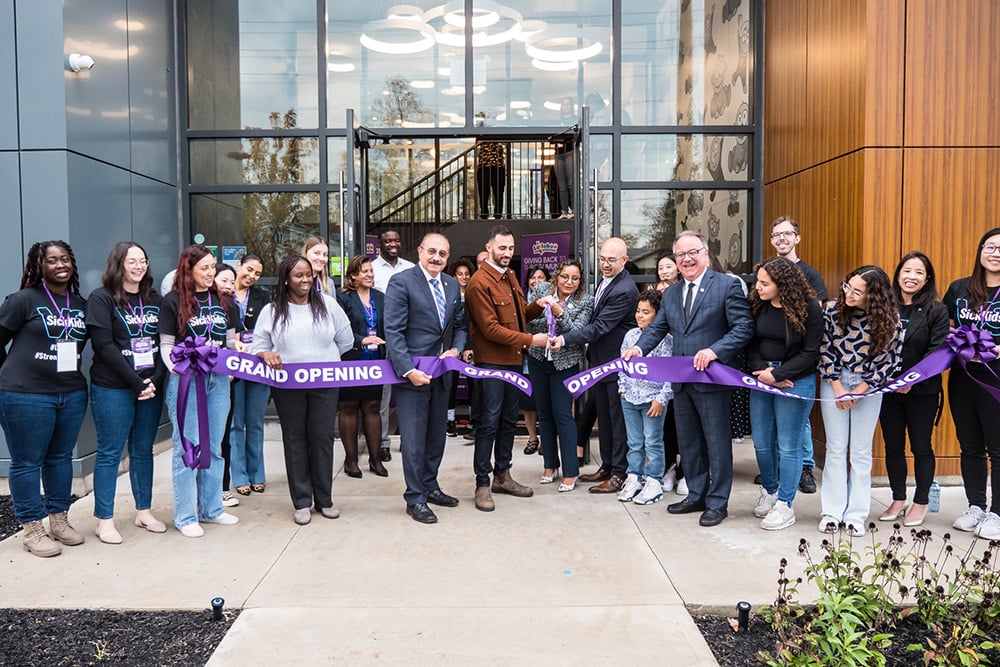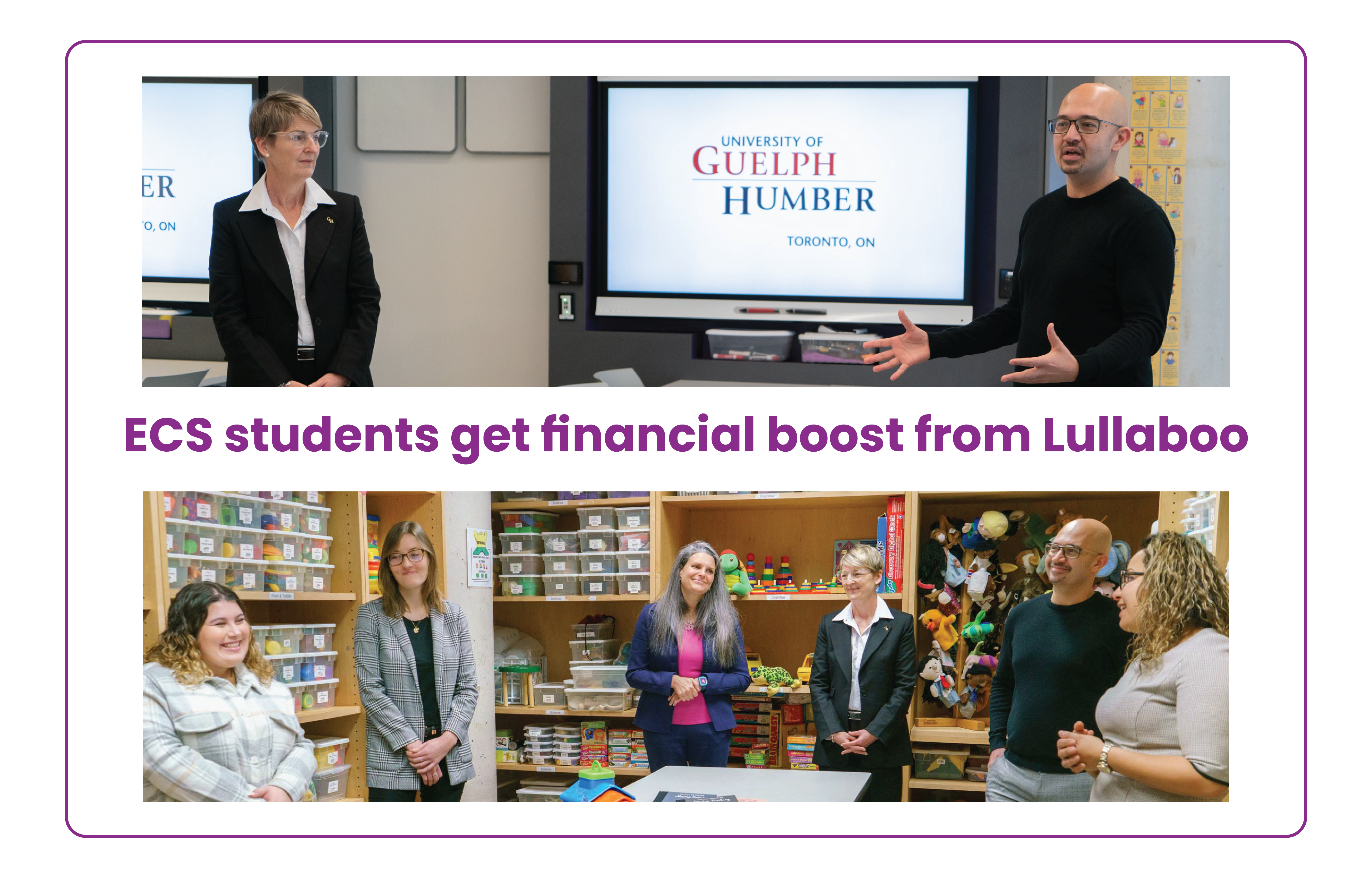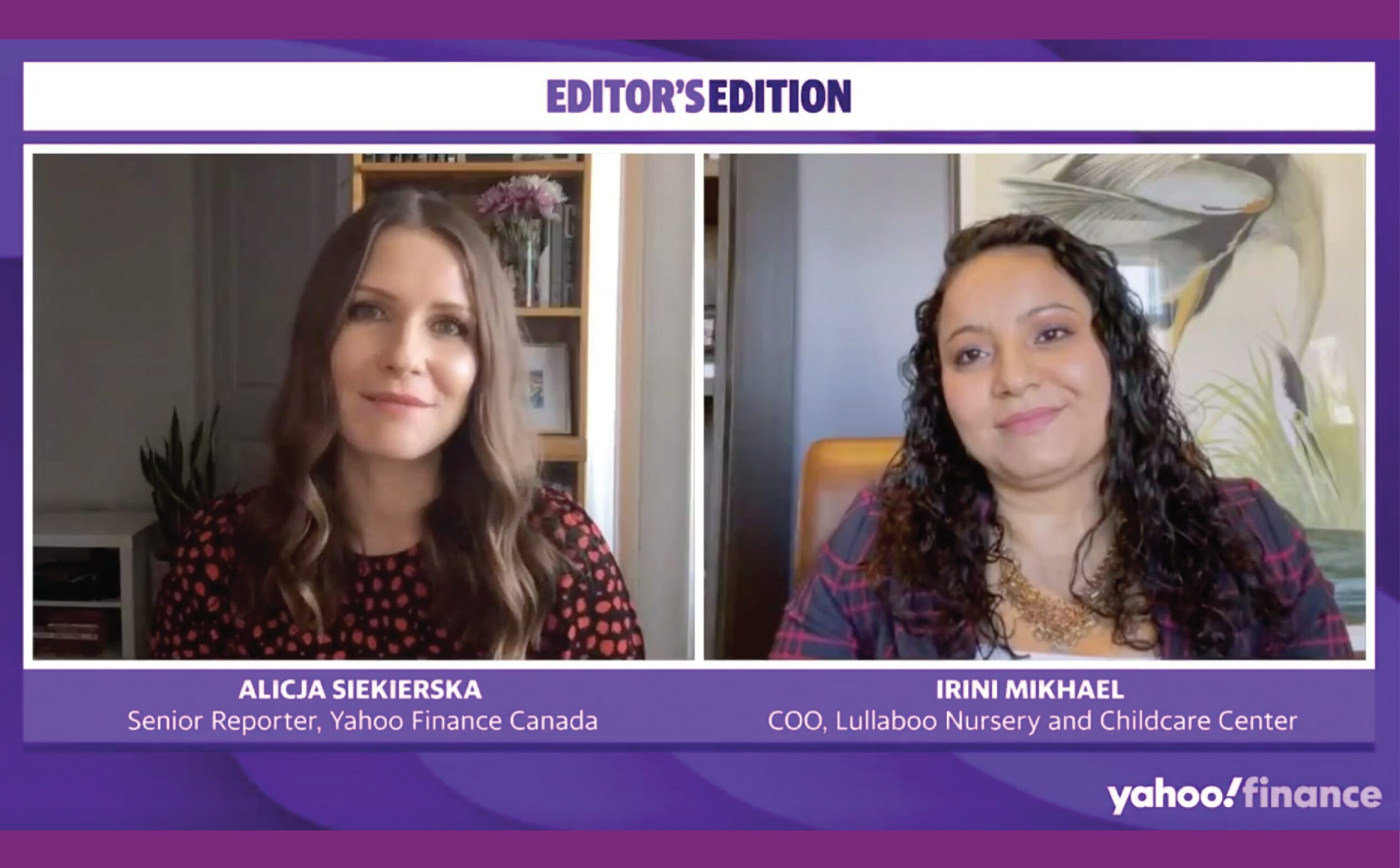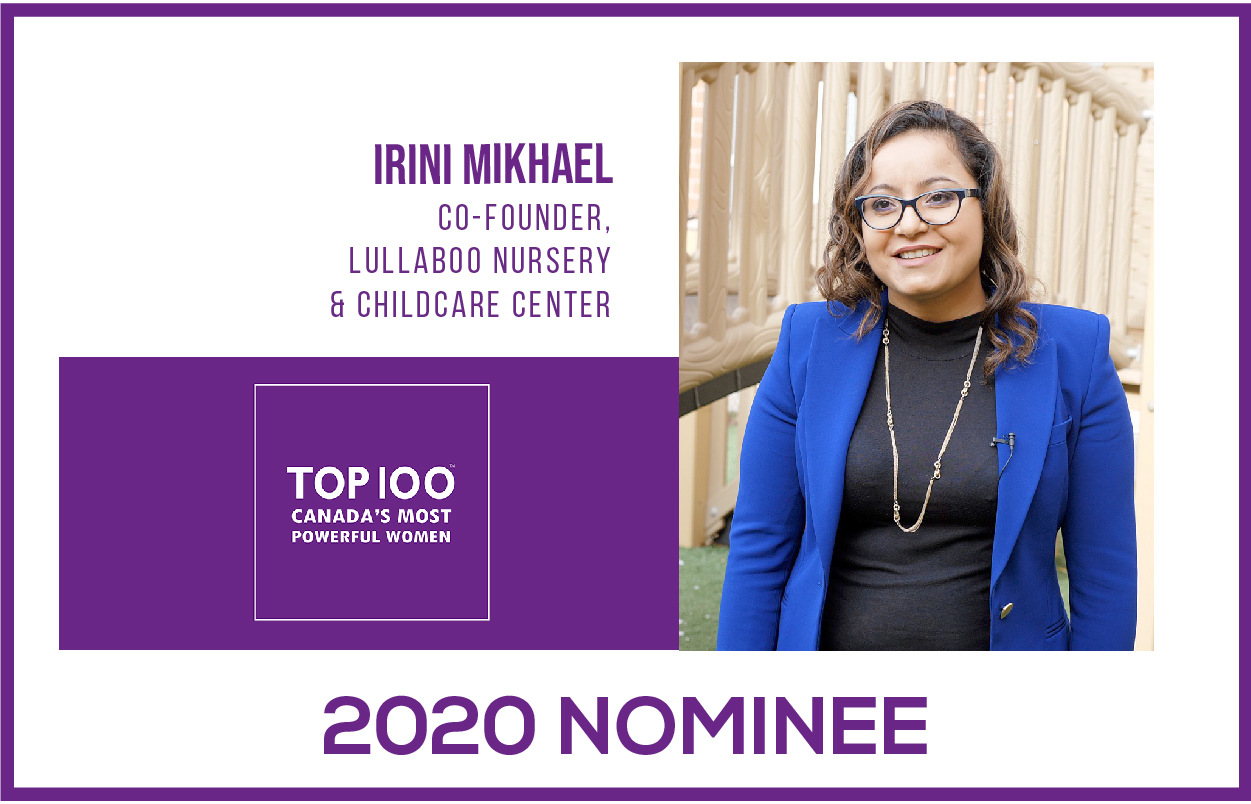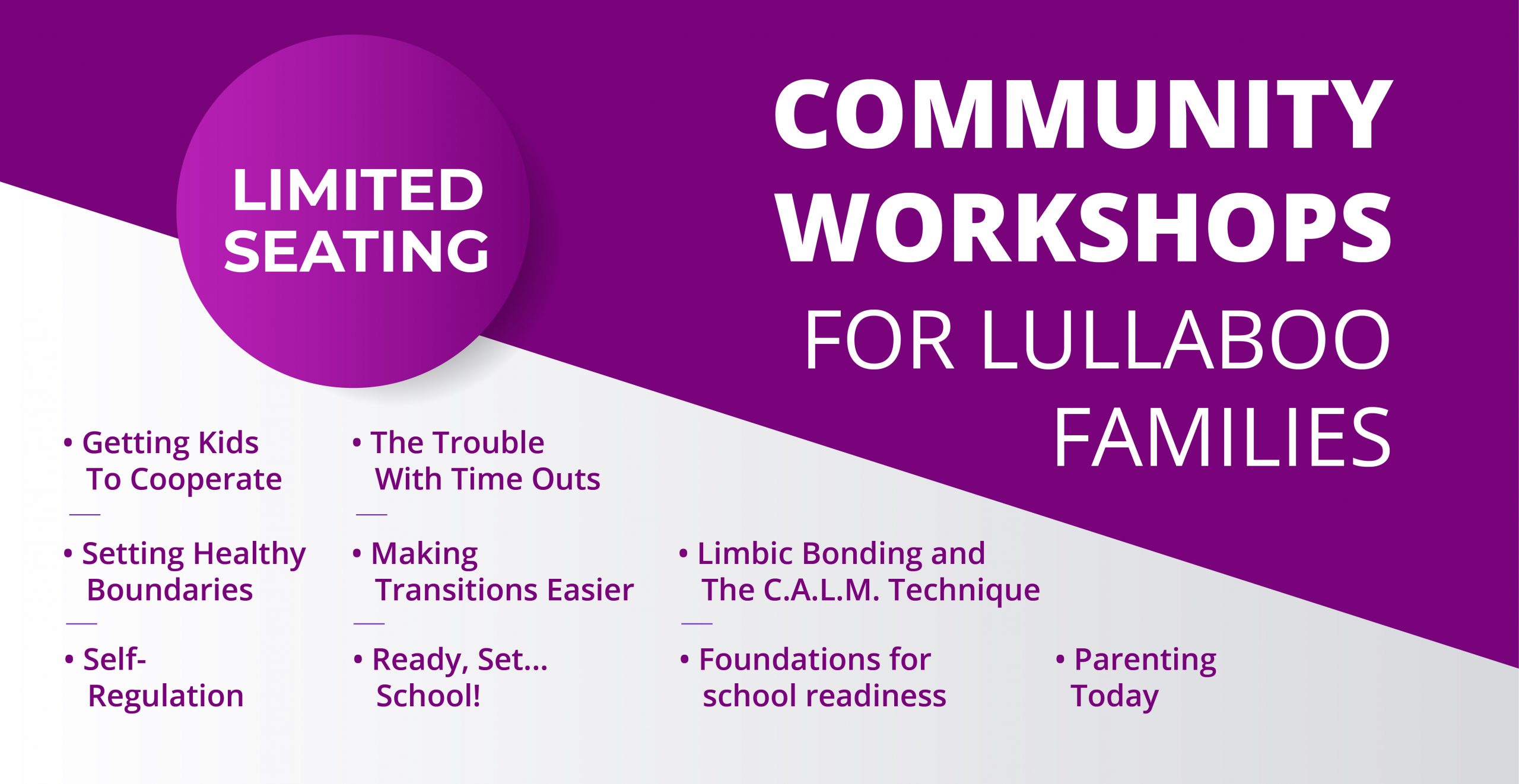Many parents wonder what is the purpose of early childhood education. From helping your child learn new educational concepts to promoting healthy socialization and emotional resilience, education for young children have a motley of benefits. Besides early exposure to math, reading, and science, children learn a wide variety of psychological, emotional, and social skills to help them navigate life.
Social Skills
What is the purpose of childhood education? There are several key aspects of a good education. Young children benefit from being around others their own age. They learn to develop strong and healthy bonds. Skills like teamwork, respect, and patience are key when interacting with children their age. Qualified educators promote cooperation and kindness and model good behaviour. The educational environment helps young children learn how to share, how to develop friendships and other life skills that will last into adulthood.
Academics
More than simply providing a means of teaching math, reading, and science, the early childhood educational experience encourages lifelong learning. Whether they are using Montessori methods, sensory experiences, or a more structured approach, children find that learning is fun. They enjoy discovering new things. This helps develop a healthy attitude in the school-age years.
Diversity in Learning
Depending on the child’s home environment and family, early childhood education provides many children with an opportunity to interact with children from different backgrounds. Developing healthy social interactions with children of different abilities, economic backgrounds, or cultures provides each child with a rich experience that will last long into the school-age years.
Learning how to develop positive relationships with others builds confidence and self-esteem. A good early childhood experience will develop the whole child, helping them to become happy well-rounded individuals.
